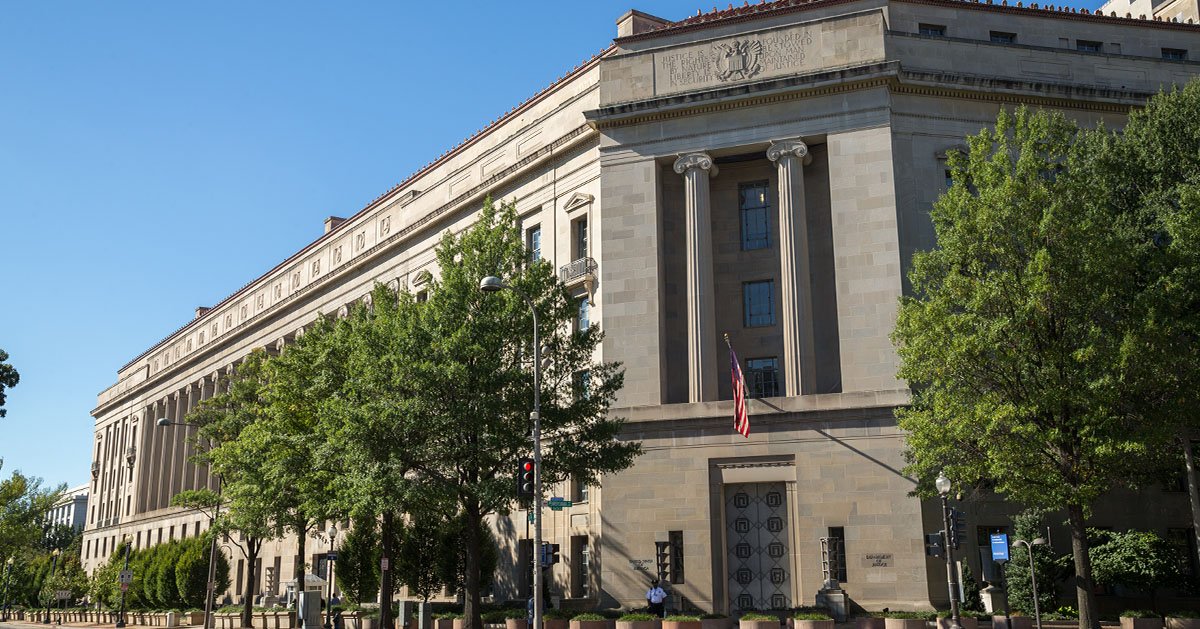






In a surprising twist from the Golden State, even deep-blue California is saying no to footing the bill for legal aid in immigration matters for noncitizens convicted of serious felonies.
The Daily Caller reported that Gov. Gavin Newsom signed this measure into his 2025 budget, barring taxpayer funds from supporting such services starting in 2026, which has ignited fierce backlash from over 70 organizations arguing it undermines community trust amid ongoing federal enforcement.
This marks the first eligibility change for California's Equal Access Fund since its inception in 1999, a program designed to provide legal assistance in immigration cases.
Newsom's Feb. 7 note to the state Senate made it clear: no taxpayer money should go toward immigration-related legal services for those convicted of violent or serious felonies.
While the Latin Times highlighted this shift, it's a pragmatic step in a state grappling with fiscal priorities, though activists see it differently.
By June, more than 70 groups had penned letters and issued statements to Newsom and lawmakers, demanding a full reversal, as reported by CalMatters.
Bruno Huizar from the California Immigrant Policy Center called the move one that "rolls back" progress, especially given federal agents' recent arrests of over 1,600 people in Southern California.
Yet, in a state where resources are stretched thin, redirecting funds away from convicted felons might actually foster accountability rather than fear.
Huizar noted these arrests are "separating families, violating constitutional rights and terrorizing neighborhoods," a claim that tugs at heartstrings but overlooks the broader context of law enforcement's role in public safety.
"Now is not the time to add restrictions excluding people from access to life-changing services," Huizar added, per CapRadio, just weeks after violent riots against U.S. Immigration and Customs Enforcement broke out in Los Angeles.
It's understandable to worry about access, but perhaps the real progress lies in ensuring services prioritize those who haven't run afoul of serious laws.
Lorin Kline from the Legal Aid Association of California echoed the sentiment, saying the change "just creates fear in communities that are already afraid."
Kline further warned, "The more we scare people, the more they go underground and don’t seek help," a point that highlights empathy but sidesteps the question of why taxpayers should subsidize aid for felony convicts in the first place.
Doan Nguyen, director of the California State Bar’s Office of Access & Inclusion, described the prohibition as having a "devastating impact on low-income Californians seeking immigration legal assistance."
Nguyen argued it would likely stoke fear and create a "chilling effect on client communities in need of vital legal services," a dramatic take that, while compassionate, might undervalue the need for boundaries in public spending.
According to the Federation for American Immigration Reform, the Equal Access Fund disbursed over $8 million for immigration-related legal services in 2024 alone.
Additionally, another $10 million was allocated to a separate program under the California Department of Social Services, which already excludes felons from its immigration aid.
These figures pale in comparison to the over $30 billion cost that unauthorized immigration imposed on California taxpayers in 2023, as FAIR estimates, suggesting the new policy is a modest but sensible adjustment.



